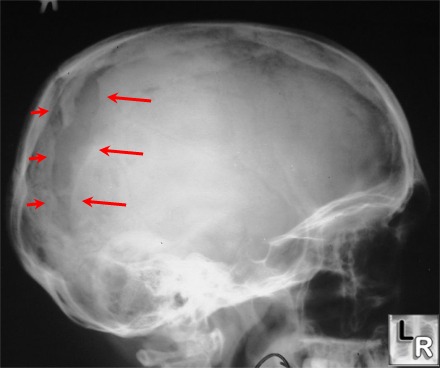

Post-concussion syndrome, which refers to when secondary effects of mild TBI last beyond the initial injury, is believed to affect between 11 and 82% of those with mild TBI. While many believed that mild traumatic brain injuries had few lasting consequences, recent studies have shown the opposite. A mild traumatic brain injury is often synonymous with a concussion, and many practitioners use the terms concussion and mild TBI interchangeably. Potential long-term effects of mild TBIĪ mild traumatic brain injury is defined as a closed head injury that results in a loss of consciousness and/or disorientation, typically lasting less than 30 minutes.Use the links below to jump directly to any section. This article will discuss the various long-term effects of mild traumatic brain injury and effective ways to manage the symptoms. These evidence-based methods can help reduce TBI symptoms years after injury and promote a swifter recovery. When the effects of mild traumatic brain injury last for three months or more, it is referred to as persistent post-concussion syndrome.Īlthough experiencing long-term effects of mild traumatic brain injury can be discouraging, there is hope for recovery through neuroplasticity, the brain’s natural ability to heal itself, and the effective management techniques discussed in this article. Symptoms such as dizziness or depression can last for a few months or sometimes even years after the initial injury. It may take several weeks to many months for these symptoms to go away, but you should mention any new symptoms to your doctor.Long-term effects of mild traumatic brain injury can be physical, cognitive, and/or emotional. Become easily angered or anxious for no clear reason.Lack interest in your daily activities.Have changes in your sleep patterns, such as not being able to sleep or sleeping all the time.Have dizziness, light-headedness, or unsteadiness that prevents standing or walking.Have changes in your ability to solve problems, think, concentrate, or remember.Occasionally, after a concussion you may feel as if you are not functioning as well as you did before the injury you may develop new symptoms. It can take a few days to a few weeks for the symptoms to fade. If you have had a mild concussion, you may have a mild headache or just feel "not quite right." These symptoms are normal and usually go away on their own. Do not drink any alcohol for at least the next 24 hours.Take it easy for the next few days or longer if you are not feeling well.If your doctor tells you to, have another adult check you at the suggested times to make sure you are able to wake up, recognize the other adult, and act normally. Put a thin cloth between the ice and your skin. Try to do this every 1 to 2 hours for the next 3 days (when you are awake) or until the swelling goes down. Put ice or a cold pack on the sore area for 10 to 20 minutes at a time.He or she will tell you if you need someone to watch you closely for the next 24 hours or longer. Too much acetaminophen (Tylenol) can be harmful. Many pain medicines have acetaminophen, which is Tylenol. Do not take two or more pain medicines at the same time unless the doctor told you to.If you are not taking a prescription pain medicine, ask your doctor if you can take an over-the-counter medicine.If the doctor gave you a prescription medicine for pain, take it as prescribed.Take pain medicines exactly as directed.
Skull fracture long term effects full#
You need to take the full course of antibiotics. Do not stop taking them just because you feel better. If your doctor prescribed antibiotics, take them as directed.


 0 kommentar(er)
0 kommentar(er)
